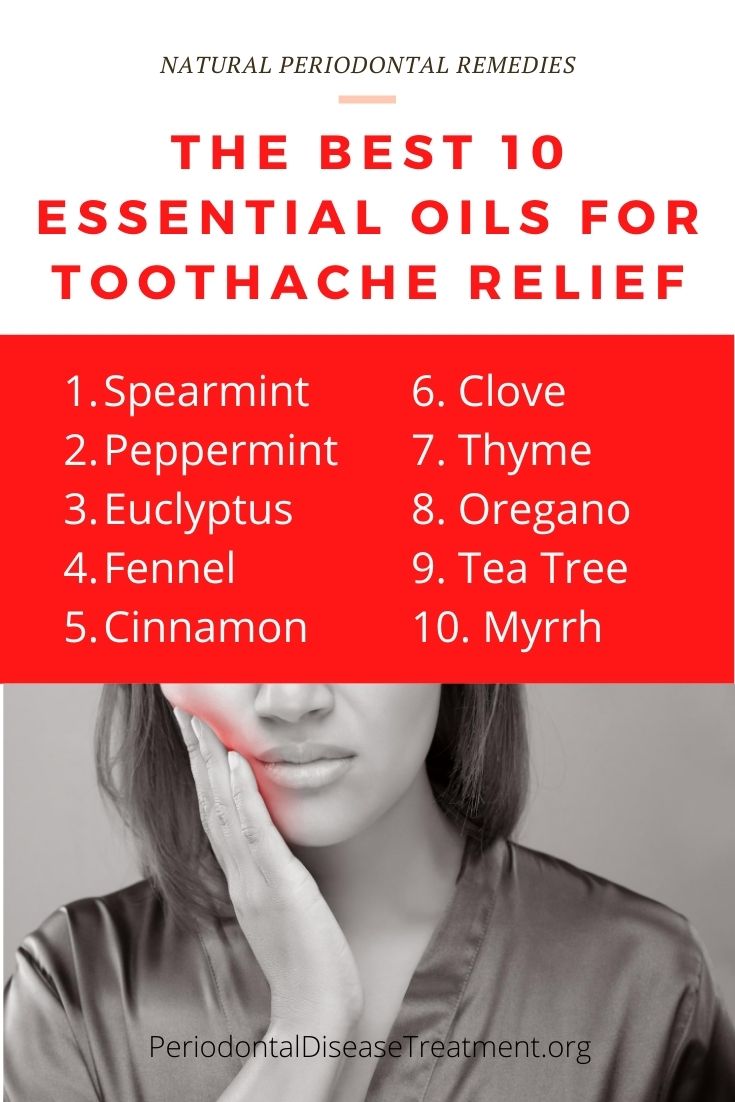What is the one thing your sex drive, dental health, your mood, and body weight shares in common? The answer is hormones. Yes, it may sound peculiar, but hormones often lead to gum and tooth pain during pregnancy, menopause, menstrual cycles, and at puberty.
Both progesterone and estrogen cause an excess amount of blood flow into your gums. This makes your gums more sensitive. They tend to overreact to even the slightest irritation in your mouth, causing your gums to swell occasionally.
If left untreated, this ongoing inflammation may lead to bleeding gums and searing tooth pain. In fact, dentists say that severe gum inflammation can cause bone loss around your teeth, resulting in premature tooth loss.
You can prevent or relieve this type of pain without taking painkillers. But before learning about proven gum and toothache remedies, let’s take a look at some of the issues that cause tooth and gum pain in women.
Tooth and gum pain causes in Women
1. Puberty
Raging hormones, especially those of a teenager, can lead to swollen, bleeding, and painful gums. Sometimes the overreaction of gums to plaque also causes pain in your teeth. Many teenage girls also develop canker sores during puberty, but they heal on their own.
According to dental experts, girls may notice swollen gums and painful teeth just before the onset of their periods. The pain continues until the days of menstruation are over. It is best to use essential oils and brush your teeth twice with non-fluoride toothpaste to reduce the intensity of the pain.
2. Periods
Many women experience a change in their oral health right before and during the days of their menstruation. There may be cases of swollen gums, swollen salivary glands, canker sores, and bleeding gums.
These symptoms continue until your period stops. Women go through a lot of mood swings during their periods. This is nothing but your hormones acting up. And these hormones contribute to tooth and gum pain as well. You can floss your teeth daily and use a few drops of essential oils to control the searing pain in your teeth and gums.
3. Birth control pills
Do you often take birth control pills? If yes, swollen gums and tooth pain can be two immediate side-effects. Birth control pills rake up the estrogen and progesterone percentage in your body, resulting in gum inflammation.
Although there is medication to control the inflammation, it’s best to use essential oils as a natural and safer alternative. Moreover, painkillers come with their own set of side-effects. You may feel nauseous or have terrible headaches after taking those painkillers.
Sometimes women may need to get one of their teeth removed after taking birth control pills. This may be a coincidence, but it often leads to painful complications.
Your teeth sockets become dry once you start consuming oral contraceptives. This makes it riskier to remove a tooth. You need to stop taking these pills so that the gums come back to their original shape, enabling the dentist to pick out the tooth safely.
4. Pregnancy
Pregnancy is another stage in a woman’s life when there are frequent hormonal changes. Some women experience pregnancy gingivitis, which is a type of disease causing your gums to swell and become reddish.
It looks as if your gums are about to bleed. They become sore and the pain is unbearable sometimes. This happens mostly when women are in their second to eighth month of their pregnancy.
The most important thing to do is calm your mind down. You should start using essential oils to relax your mind. There are a few essential oils that also relieve the pain of pregnancy gingivitis. Just apply a few drops of essential oil to reduce the pain.
5. Menopause
Menopause causes various oral irritations, such as tooth and gum pain, burning sensation in the mouth, and altered taste. These can lead to bone loss if you do not treat them timely. Dry mouth is one of the reasons why you may experience these irritations.
Saliva plays an important role in maintaining oral health. It cleanses your teeth and rinses the bacteria that causes cavity. But a dry mouth means a decreased flow of saliva. This increases the risks of cavity.
During menopause, your mouth dries frequently. Home remedies like drinking plenty of water, caffeine-free drinks, and sucking sugar-free candy and ice chips can help solve the problem. Additionally, you should also use essential oils to prevent your gums from swelling.
You should also avoid eating spicy, sticky, sugary, and salty foods. These can make your mouth dry quickly. Also, avoid smoking tobacco and drinking alcohol and caffeine while on menopause.
Overall Strategy
Different stages and events in the life of a woman will bring about changes in oral health.

